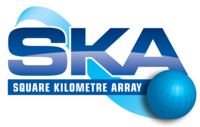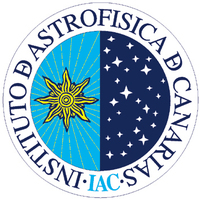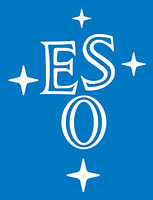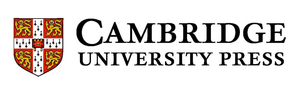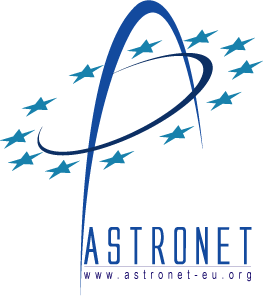
|
Special Session Sp12
23 June 2015
Circumbinary PlanetsNews: Link to presentations Aims and scopeCircumbinary planets (CBP) are planets orbiting both components of a binary star. They may be detected by a variety of techniques, making use of precise photometry or spectroscopy. Currently only about 15 such systems are known, with the vast majority of them discovered in the last 5 years, either indirectly by variations in the timing of binary eclipses or, beginning in 2011, directly through the detection of transits in data from the Kepler satellite. Circumbinary planets are an interesting test-bed for planet formation models, as they need to account for the additional perturbation and stability issues arising from the binaries' orbit. The planets around some evolved binaries may even have formed as a result of that evolution rather than with the original host system. The current sample of such planets is however still very small and the true parameter space for their existence is still poorly known. Future space missions, especially PLATO, will provide an excellent opportunity to greatly increase the sample and knowledge of these systems. The goal of this session is therefore to bring together contributions that treat the current observational and theoretical status, and contributions about detection methodologies and experiments. The expectation is that insights from the current status of CBP science will lead to an improvement in any future detection and characterization effort. Programme
Invited speakers
Scientific organisers Contact Updated on Tue Jun 30 16:12:13 CEST 2015
|
||||||||||||||||||||||||||||
|
EWASS 2015 : European Week of Astronomy and Space Science |
|||||||||||||||||||||||||||||
 A power cut will shut down all EAS services on Tuesday, 10 January 2017 starting at 7:30 CET.
A power cut will shut down all EAS services on Tuesday, 10 January 2017 starting at 7:30 CET.


